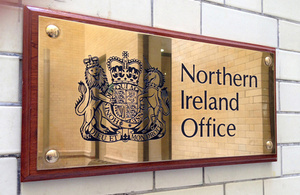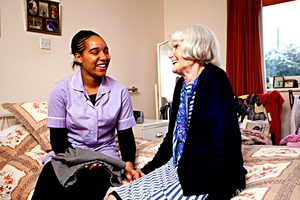Hull’s first female GP tops public vote in bridge-naming competition
As the country continues to face its biggest public health crisis in decades, it is perhaps poignant that the winning nominee is trailblazer Dr Mary Murdoch, who was House Surgeon at the Victoria Hospital for Sick Children in Park Street and founder of the Hull Women’s Suffrage Society.
Students from the Newland School for Girls and Archbishop Sentamu Academy penned essays set to the question; “The naming of the bridge – who inspires me and why?”. A judging panel then sifted around 100 essays to produce a shortlist of five iconic figures with links to the area before opening up the question to the public.
The major Highways England project, which will shape the future of Hull, will see the bridge open to the public in the summer.
Dr Murdoch, who passed away in 1916 at the age of 51, proved to be the most popular choice from a star-studded list which also included ‘headscarf revolutionary’ Lillian Bilocca, philanthropist and abolitionist William Wilberforce, Julia Lee, the first woman to officiate men’s rugby league games in the United Kingdom, and heroic World War Two veteran Thomas Ransom.
Highways England senior project manager James Leeming said:
First and foremost I would like to thank the diligent students who put so much time and effort into their fantastic essays. They put forward so many great nominations, all of whom would have been worthy winners, and they sparked a debate which captured the city’s imagination.
Now the tantalising wait is over and we know Dr Murdoch has emerged as the people’s choice from a shortlist that contained individuals of the highest calibre. She is an outstanding choice and, given the current climate, it is fitting that the bridge will be named after a pioneering doctor who did so much for Hull.
We are going to work with the students who nominated Dr Murdoch so we can establish the final name of the bridge, and this will be announced when it is opened in the summer.
The innovative competition saw five boxes placed at Hull Minster earlier this year, where members of the public could go along, read the essays and decide who to vote for by placing a token in their chosen box. An online poll was also hosted by the scheme website.
The judging panel was made up of Emma Hardy MP, Katy Duke (CEO Deep), Cllr Daren Hale (Deputy Leader of the Labour Group), Karen Oliver-Spry (Humber LEP Investment Programme Manager) and key members of the Highways England project team.
The bridge will connect the city centre to the marina, waterfront and fruit market. The structure is to cross the dual carriageway of the A63, allowing pedestrians and cyclists to safely cross the road. It will also ease congestion on the A63.
It is being part funded with a £4m contribution from the Humber Local Enterprise Partnership’s local growth fund programme, secured through its growth deals with Government and part of the Government’s commitment to the Northern Powerhouse.
For updates about the scheme visit the Highways England website and look out for the hashtag #a63hullpqbridge on the regional Twitter account, @HighwaysYORKS
General enquiries
Members of the public should contact the Highways England customer contact centre on 0300 123 5000.
Media enquiries
Journalists should contact the Highways England press office on 0844 693 1448 and use the menu to speak to the most appropriate press officer.

